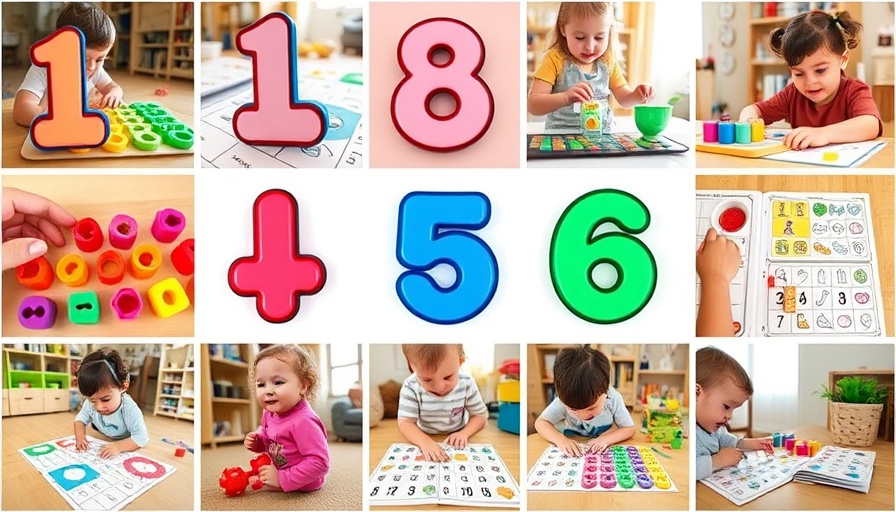
Understanding Why Your Child Repeats Questions
As parents, it's not uncommon to experience the exasperation of hearing the same question over and over again from your child. "Why?" This simple question can spiral into a multitude of repetitive inquiries that seem endless. For many parents, this stage is just one of the numerous challenges they face during their child's early years. Often this behavior is attributed to a blend of excitement, curiosity, and a desire for reassurance.
The Learning Design Behind Repetition
Children, especially young ones, often repeat questions to confirm understanding or seek validation. According to parenting experts, this behavior is quite normal as it reflects their eager minds trying to grasp concepts and share their excitement. Engaging with their environment through relentless questions is part of their developmental process. Additionally, this can reveal their emotional attachment to friends or activities. As kids grow, their questions might shift from the innocent "Why?" to more nuanced inquiries about experiences and social interactions.
How to Handle Repetitive Questions
Instead of viewing repetitive questioning as bothersome, experts suggest treating it as an opportunity for deeper engagement. Erin from The Intentional Parent notes that encouraging your child to pause and think before asking can be beneficial. This not only helps manage their excitement but also establishes a moment for reflection. When they do repeat inquiries, gently remind them of the prior answer. It teaches them self-sufficiency in finding answers rather than relying solely on your responses.
Tips for Managing the "Why" Stage
When faced with incessant questions, implementing strategies can make parenting less stressful. One effective method is setting specific times or routines for questions. For instance, designating a set time where they can ask anything they want can help contain the questioning to a manageable period. Sarah, a lifestyle expert, emphasizes that offering scheduled playdates or activities can focus their energy elsewhere, thus reducing the frequency of questions. Such structure not only benefits your sanity but also nurtures their social skills through consistent interaction with peers.
Creating Opportunities for Encouragement
As children navigate their curiosity, consider integrating fun family activities that invite questions and discovery. Exploring nature, visiting interactive museums, or engaging in educational games can spark a dialogue without overwhelming repetition. When children feel engaged in exciting activities, their curiosity often finds a productive outlet, and they would be less likely to rely on the same questions.
The Emotional Layer of Questioning
Repetitive question asking isn't merely a locomotive of curiosity; it can also signify insecurity. Children might repeatedly seek affirmation, particularly in social situations or when they fear abandonment. Acknowledge their emotions, and frame your responses to reassure them. This helps them build resilience while quenching their thirst for answers.
Final Thoughts on Navigating Repetition
Ultimately, hearing your child repeat questions may evoke irritation, yet recognizing this phase as a pathway for growth can ease your parenting journey. With patience and humor, you can transform this behavior into teachable moments filled with guidance and joy. It's all about providing nurturing answers and perhaps even engaging them in fun family activities that promote learning.
Encouragement in Each Repetition
So, the next time your child asks, “Why?” for the eighth time in a row, remember: it's not just noise. It’s their way of learning, growing, and connecting with the world around them. Embrace these moments, find humor where you can, and make the most of this beautiful awkwardness of parenthood.
 Add Row
Add Row  Add
Add 




Write A Comment